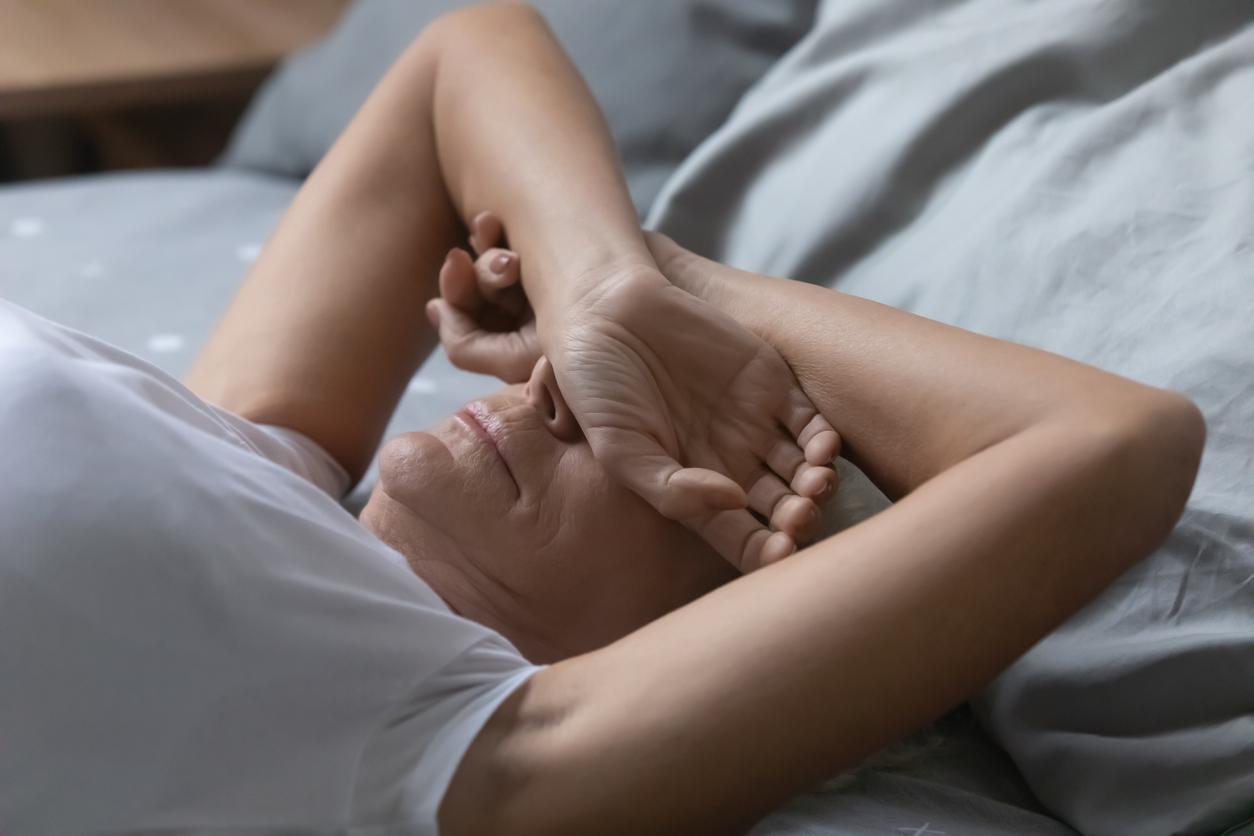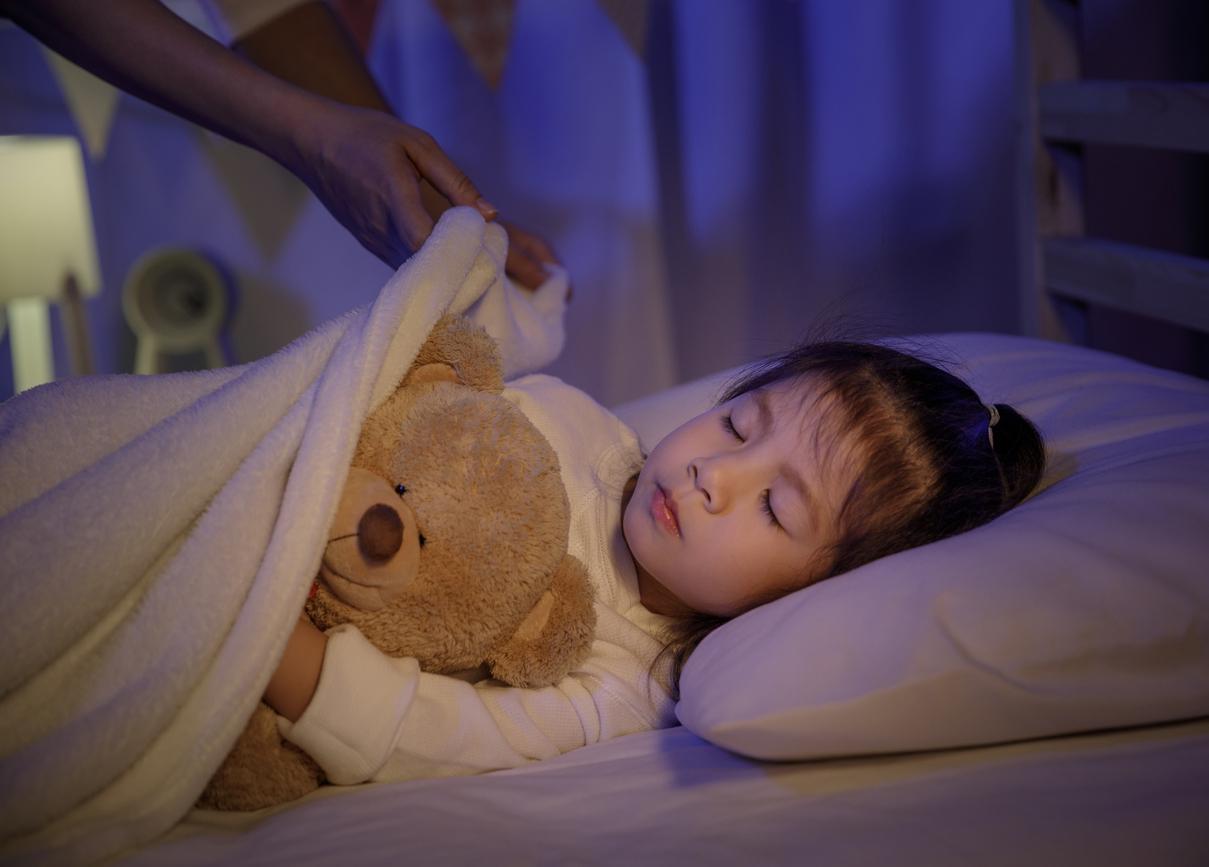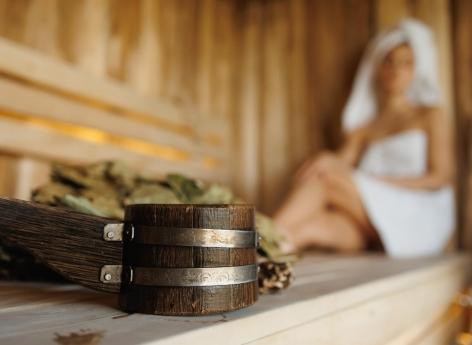Older people sleep better when their room temperature is between 20 and 25°C. Beyond that, the quality of their sleep deteriorates.

- Bedroom temperature can impact sleep quality.
- For the elderly, the ideal temperature would be between 20 and 25°C.
- But this can vary over time and between individuals.
Quality sleep is essential for good health. Many factors can affect it. In a recent study, a researcher from Harvard University, Amir Baniassadi, looked at the effects of bedroom temperature on sleep quality in older people. He notes that from a certain threshold, it makes sleep less restorative. His results were published in Science of the Total Environment.
Sleep: how can temperature influence it?
“Sleep has important consequences on our health and daily functionsrecalls the author in a communicated. As we age, our sleep patterns change: we may wake up several times during the night or earlier in the morning. Sometimes we feel like we’re not sleeping as soundly as we used to. “However, he specifies that these changes in sleep habits can disrupt our cognitive function or our health in general, so it is essential to know the factors that can affect the quality of sleep in the elderly.
“Sleep tends to come easier and is often deeper and more restful in a cooler environment.”, observes this researcher. When we fall asleep, our body temperature drops, so an environment that is too hot can interfere with sleep. “My recent research has explored how these biological tendencies interact with our physical environment, focusing specifically on the impact of nighttime ambient temperature on sleep quality in older adults.“, develops the specialist.
Temperature and sleep: changing needs
First, the scientist worked on previously collected data, then tested his hypotheses in a trial. For about a year and a half, he monitored sleep quality and room temperature in 50 elderly people. Amir Baniassadi found that the quality of participants’ sleep was better when their room was at a temperature between 20 and 25°C, and that it decreased beyond that. “However, I found large differences between individuals, meaning that each person has their own optimal temperature range for sleep, which can even change over time“, adds the researcher.
Global warming: an impact on our sleep?
For the elderly, it is therefore important to ensure that the temperature is below 25°C. But what to do when the outside temperature is very high, as has been the case in certain regions in recent weeks? For Amir Baniassadi, this question is one of the challenges of the years to come. “Study highlights potential impact of climate change on sleep quality of older people, particularly those with lower socio-economic status”, he says. He recommends keeping, as much as possible, the interior of your home cool, and trying different configurations with air conditioning or a fan, to find your ideal temperature for sleeping. Also, he reminds us that it is important to be well hydrated, to wear light clothing at night and to adopt a balanced diet.

















